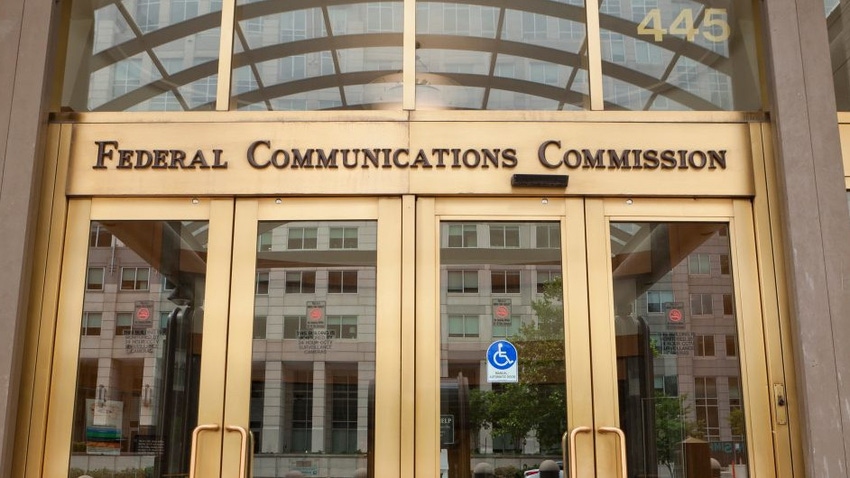US continues its political tinkering with ‘net neutrality’
The US comms regulator – the FCC – has voted along party political lines to restore net neutrality.
April 26, 2024

In its press release, the FCC characterizes the move as restoring ‘a national standard to ensure the internet is fast, open, and fair.’ And herein lies one of the paradoxes of America’s endless tinkering with this concept – who says the internet doesn’t already possess those qualities?
“Today’s decision to reclassify broadband service as a Title II telecommunications service allows the FCC to protect consumers, defend national security, and advance public safety,” insisted the press release. It could be argued that all three of those new powers are essentially the same and that the aim of this latest move is a classic example of the state increasing its power in the name of safety.
In her official statement on the matter, FCC Chair Jessica Rosenworcel relied heavily on unfalsifiable ad populum arguments, rather than hard evidence, to support greater state control over the internet. “Let’s start with consumers,” she said. “They spoke out in droves when this agency repealed net neutrality. They jammed our in-boxes, overwhelmed our online comment system, and clogged our phone lines. They clamoured to get net neutrality back.
“Consumers have made clear to us they do not want their broadband provider cutting sweetheart deals, with fast lanes for some services and slow lanes for others. They do not want their providers engaging in blocking, throttling, and paid prioritization. And if they have problems they expect the Nation’s expert authority on communications to be able to respond. Because we put national net neutrality rules back on the books, we fix that today.”
That’s all fair enough but if there was evidence of ISPs doing the things we’re told consumers are so concerned about, surely Rosenworcel would have presented it. In its absence, this argument has to be viewed as a strawman. Warming to her fallacious theme, she moved smoothly to combine an appeal to emotion with an argument from anecdote in recounting the plight of the Santa Clara County Fire Department, which claims to have been obstructed from fighting fires by the throttling of the internet connection to one of its command vehicles.
The national security angle is especially timely, considering America’s recent decision to effectively ban the popular social media app TikTok on the grounds that it’s too Chinese. Inevitably, Rosenworcel leaned heavily on the perpetual threat posed by China as further reason to empower the state. Ultimately, her point seems to be that the FCC needs to have as much power over broadband as it does mobile.
The frequent references to ‘restoring’ net neutrality refer to the partisan game of ping pong that has been played with this matter. The FCC has five commissioners who vote on measures such as this – three appointed by the part in government and two affiliated with the opposition. Democrats are pro net neutrality and Republicans anti it. So it was introduced when Obama was President, repealed when Trump was, and now reintroduced under Biden.
The most vocal dissenting Commissioner was Brendan Carr, who spoke at considerable length on the matter. He reflected on how this only became a partisan political matter under Obama, who directly intervened to overrule the FCC on this policy. “Title II is now a matter of civic religion for activists on the left,” said Carr. "They demand that the FCC go full Title II whenever a Democrat is President.
“This also explains why the FCC has never been able to come up with a credible reason or policy rationale for Title II. It’s all shifting sands. And that’s because the agency is just doing what it has been told to do by the Executive Branch and cobbling together post hoc rationalizations as it goes along.”
The heavy politicization of this matter makes it seem like a proxy of the eternal ‘big state vs small state’ debate. Traditionally leftists favour a larger state and rightists the opposite. The underlying argument offered by Rosenworcel and her allies is that the US public needs greater FCC intervention in the internet in the name of safety – the default argument always presented to support state power grabs.
Under normal circumstances it would be easy to dismiss the whole thing as superficial political posturing with minimal real-world consequences. But it’s clear that US politicians consider control of the internet to be an increasingly important part of their overall strategies, especially when it comes to censoring speech they consider politically disadvantageous. It’s therefore reasonable to be fearful of significant mission creep resulting from this move, all in the name of a safer internet.
About the Author(s)
You May Also Like











_1.jpg?width=300&auto=webp&quality=80&disable=upscale)


.png?width=800&auto=webp&quality=80&disable=upscale)